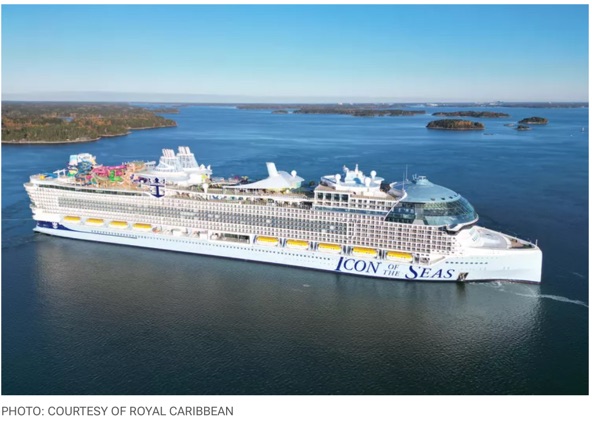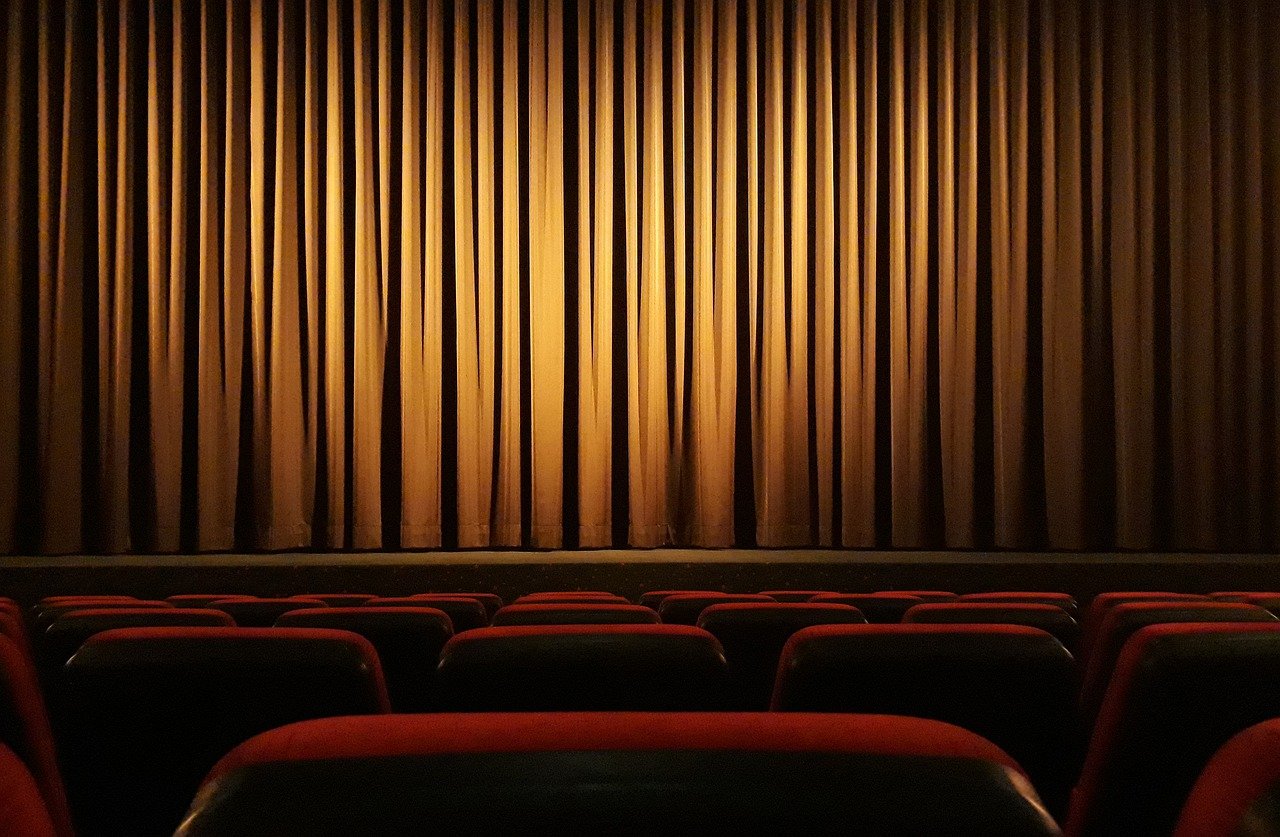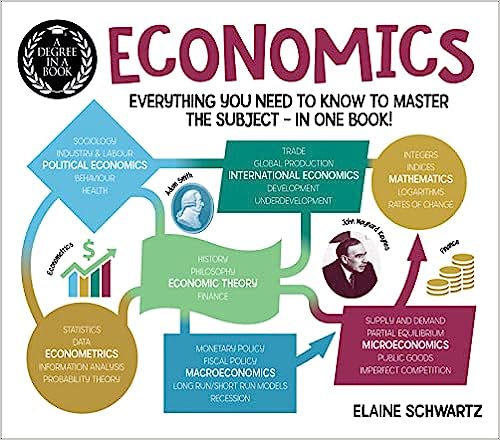Because the newest cruise ships are so massive, their owners can take advantage of the economies of scale that optimize efficiency.
Why Marijuana Growers Need Bigger Markets
Whether looking at m arijuana growers or Arican truckers, we would see that bigger markets create hassle-free trade.
The Great Lego Spill
Because of a huge wave and massive container ships, we wound up with a gargantuan number of Lego pieces becoming The Great Lego Spill.
The Cost of Raising a Child
While the most recent USDA totals are outdated, the tooth fairy and teenage baby sitters can tell us the up-to-date cost of raising a child.
How Broadway Shows Catch a Cost Disease
A basic part of Broadway economics is the “cost disease” that plays “catch” from higher wage industries that benefit from more productivity.
What a Sock Can Teach Us
Manufacturing Socks in a Regional Cluster Helps Firms to Optimize Production
The Cost of Raising a Child
Including how much we spend on the tooth fairy, the cost of raising a child can simply be one total or it can involve different specific expenditures.
The Beginning of Terminal Gridlock
As cargo ships become larger, the supply chain benefits of their economies of scale are offset by the externalities they create at ports and beyond.
Weekly Roundup: From Slow Shopping to Fast Shipping
Our everyday economics include consumption expenditures, Pigovian taxes, variable pricing,economies of scale, unskilled labor, national income and the money supply.
What UPS Learned from Henry Ford
Because free shipping creates pressure on retailers to send parcels more cheaply, UPS has had to lower costs by increasing processing productivity.















